Advances in perspective and the depiction of human anatomy resulted in a trend of increasing naturalism in Renaissance sculpture in which human and animal figures were depicted with startling life-likeness. Also to know is who was the main sculpture during.
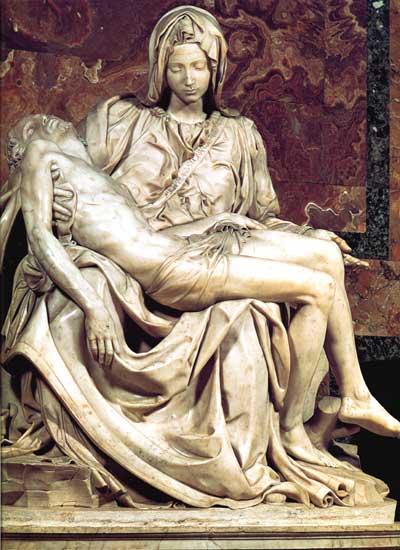
Renaissance Sculpture From Florence And Rome
Read customer reviews find best sellers.
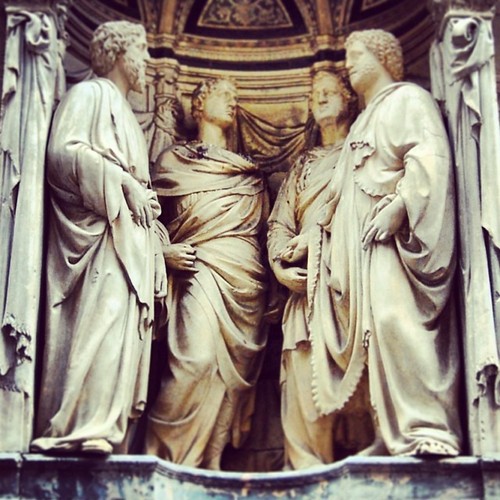
. Taste in sculpture also changed. These artworks were thought to be more realistic as the aspect of idolization was absent. Beside above how did sculpture change during the Renaissance.
Michelangelos statue of David is undoubtedly the most famous sculpture in existence. Renaissance art painting sculpture architecture music and literature produced during the 14th 15th and 16th centuries in Europe under the combined influences of an increased awareness of nature a revival of classical learning and a more individualistic view of man. Sometimes it even dominated her sister arts.
You can see in person some of the sculpture produced in the Renaissance and lots of it without having to pay an entrance fee to a museum or gallery. A large number of the pieces created during the Middle Ages in Europe was of a religious nature. Thus bronze became a preferred material for Renaissance sculptors not only because of its ductility and durability but also because of its golden luster to be employed first for reliefs and then for statues busts.
Michelangelos David is one of these. Donatello pioneered this trend with his realistic statues of St. Sometimes it even dominated her sister arts.
During the High Renaissance in Italy sculpture became much less dominated by architecture and painting. Renaissance art painting sculpture architecture music and literature produced during the 14th 15th and 16th centuries in Europe under the combined influences of an increased awareness of nature a revival of classical learning and a more individualistic view of man. During the High Renaissance in Italy sculpture became much less dominated by architecture and painting.
Artists of the Renaissance continued to paint and sculpt religious figures but they also included other subjects in their collections of work such as Greek and Roman mythology historical subjects and portraits. The art during the Renaissance period reflected the individual as somebody with potential and has the ability to do anything they believe. For example architecture became more sculpture-like pilasters were replaced by columns while in painting modelling and perspective superceded outline and composition.
Carved out of marble from the quarry at Carrara it is one of the truly iconic Renaissance masterpieces. There are several fine examples in Florence. Such as having more of the classics appear having depthsymmetry and including.
George in 1415 and the equestrian monument of Gattamelata the first equestrian statue since. The body of art painting sculpture architecture music and literature identified as Renaissance art was primarily produced during the 14th 15th and 16th centuries in Europe under the combined influences of an increased awareness of nature a revival of classical learning and a more individualistic view of man. Although there were many artists during the Early Renaissance there were three masters of their time that pioneered new techniques and influenced other artists to come.
Donatello was the leading sculptor of the early Renaissance and he created some of the most renowned sculptures in the world including the Bronze David and the Equestrian statue of Gattamelata. Michelangelo Buonarroti was the greatest sculptor of the sixteenth century and one of the greatest of all time. PaintersSculptures and Architectures had a very different way of thinking during the Renaissance there were many new ideas.
In painting it was Masaccio in sculpture it was Donatello and in architecture it was Brunelleschi. Renaissance sculpture proper is often thought to have begun with the famous competition for the doors of the Florence baptistry in 1403 which was won by Lorenzo Ghiberti. In relation to materials Renaissance sculpture placed less importance on the use of precious metals such as gold and silver than did Gothic sculpture.
The period was marked by a great increase in patronage of sculpture by the state for public art and by wealthy patrons for their homes. For example architecture became more sculpture-like pilasters were replaced by columns while in painting modelling and perspective superceded outline and composition. Their paintings and frescoes are among the most widely known works of art in the world.
Ad Browse discover thousands of brands. Da Vincis Last Supper Raphaels The School of Athens and Michelangelos Sistine Chapel Ceiling paintings are the masterpieces of this period and embody the elements of the High Renaissance. He also pioneered several artistic techniques which would have a profound and immense influence on later generations of Renaissance artists.
The types of paintings and sculptures that were typically produced during the Renaissance portrayed religious figures and scenes that followed Protestant theology. Renaissance Sculpture is varied and very often executed on a grand scale.

Western Sculpture The Renaissance Britannica
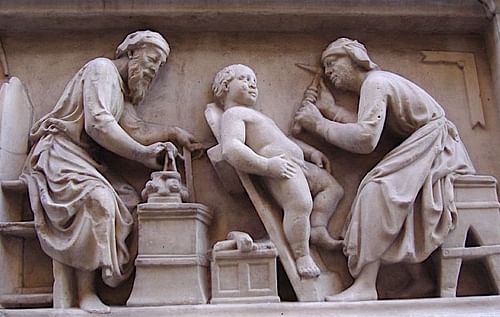
Life In A Renaissance Artist S Workshop World History Encyclopedia
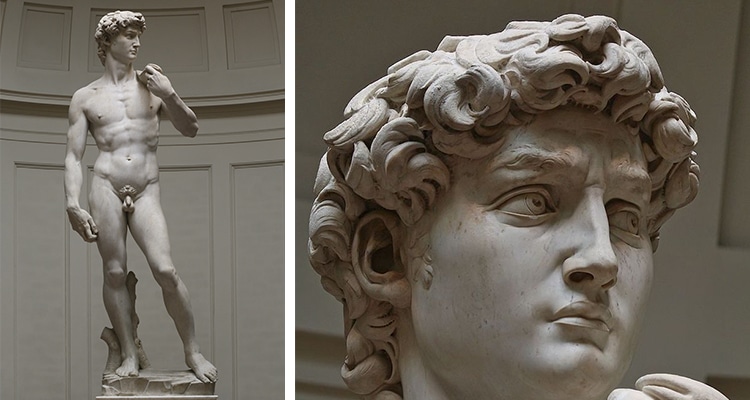
Why Michelangelo S Heroic David Is Art S Most Admired Sculpture
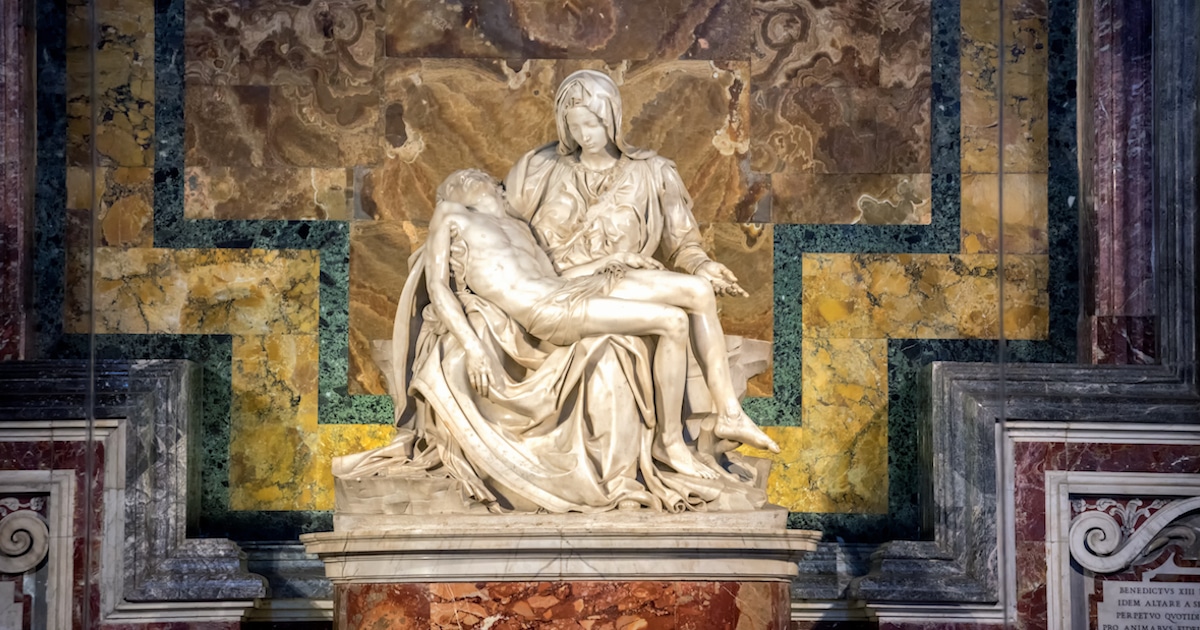
Exploring Michelangelo S Pieta A Masterpiece Of Renaissance Sculpture

Renaissance Paragone Painting And Sculpture Oxford Art
10 Renaissance Sculptures Ideas Renaissance Sculpture Art Renaissance Art

Where To See Renaissance Sculpture In Florence Florence On Line
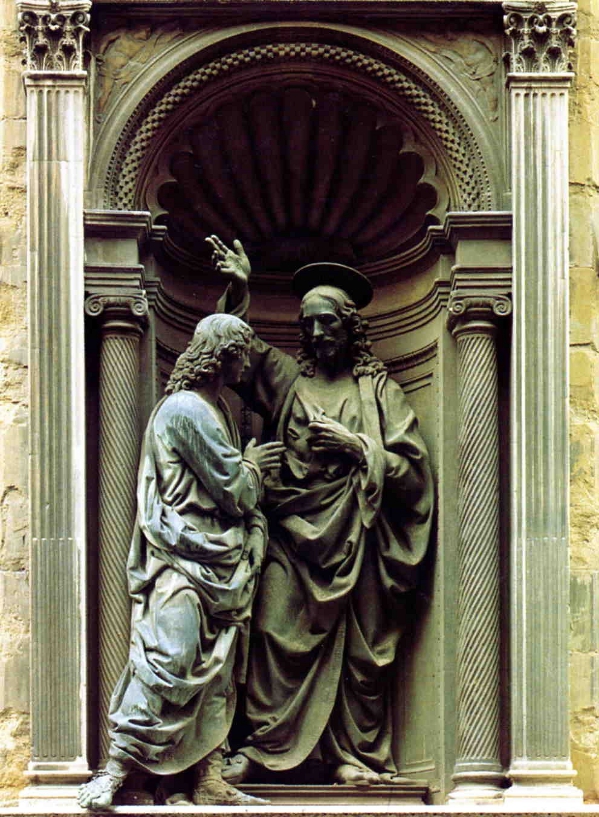
Renaissance Sculpture Masterpieces Greatest Works From The Period
0 comments
Post a Comment